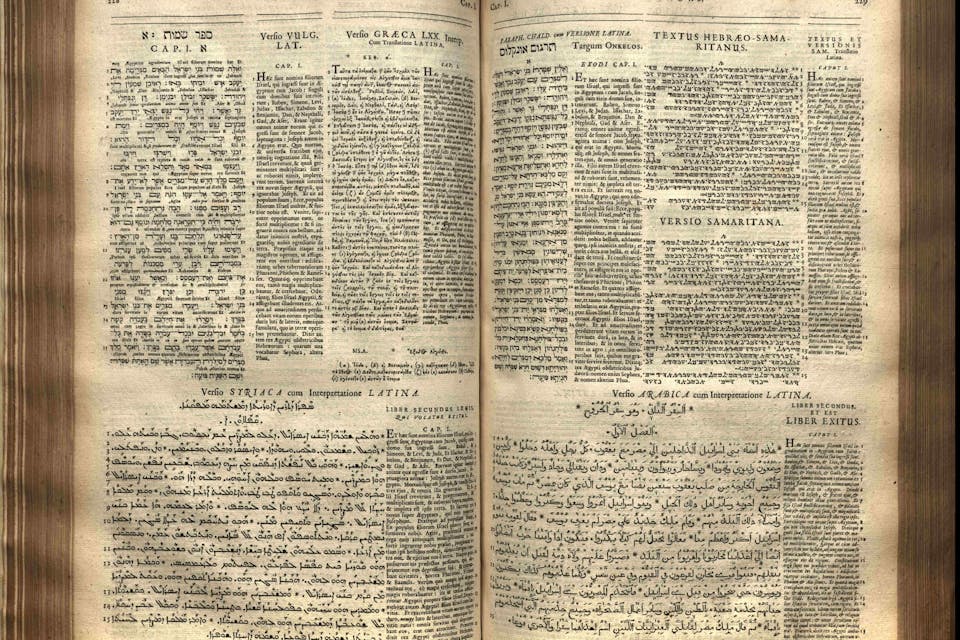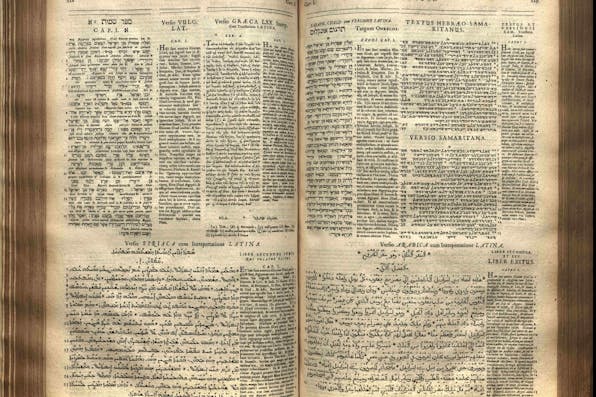
July 25, 2017
Academic Biblical Criticism Is Not Corrupt
Don't dismiss all perspectives of contemporary biblical scholarship as the imaginative or tainted products of liberal bias.
Joshua Berman’s essay, “The Corruption of Biblical Studies,” purports to provide an “insider’s tour of today’s field of biblical studies.” In it, he tells a story of how biblical scholarship became slave to putatively pseudo-scientific ideas about its character as a value-free enterprise. This development, Berman believes, has led to a failure to recognize the overall liberal bias of the field and to a widespread exclusion of scholarly perspectives that affirm the coherence, historical accuracy, and/or antiquity of a biblical text.
My own work is featured prominently in Berman’s essay, both on his side of the argument and as a prominent target of it. On the one hand, he identifies me as the author of “one of the most influential works in biblical studies to appear since the turn of the present century,” by which he means The Formation of the Hebrew Bible: A New Reconstruction (2011). On the other hand, he uses my more recent book, Holy Resilience: The Bible’s Traumatic Origins (2014), as a parade example of the “corruption of biblical studies” because I mention my Quaker faith at the outset and then depict much of the Bible as growing out of the trauma experienced by ancient Israel. Berman takes this as a “heroization of victimhood” that clearly grows out of my (imputed) Quaker pacifism, even though he suspects that I would “take umbrage at being labeled a ‘liberal scholar.’”
I take issue both with Berman’s praise of my work and with his critique of it. I also dispute his characterization of academic biblical scholarship more generally as “corrupt” and deeply conflicted regarding the basic sources of the Pentateuch.
Responses to July ’s Essay

July 2017
Deeper Reasons for the Bias in Biblical Studies
By Jon D. Levenson
July 2017
Academic Biblical Criticism Is Not Corrupt
By David M. Carr
July 2017
Why Biblical Scholars Should Declare Their Worldviews
By Craig Bartholomew
July 2017
Biblical Scholars Are Open to Self-Correction, and They Listen to Conservatives, Too
By Benjamin D. Sommer
July 2017
What’s Next for Biblical Studies
By Joshua Berman